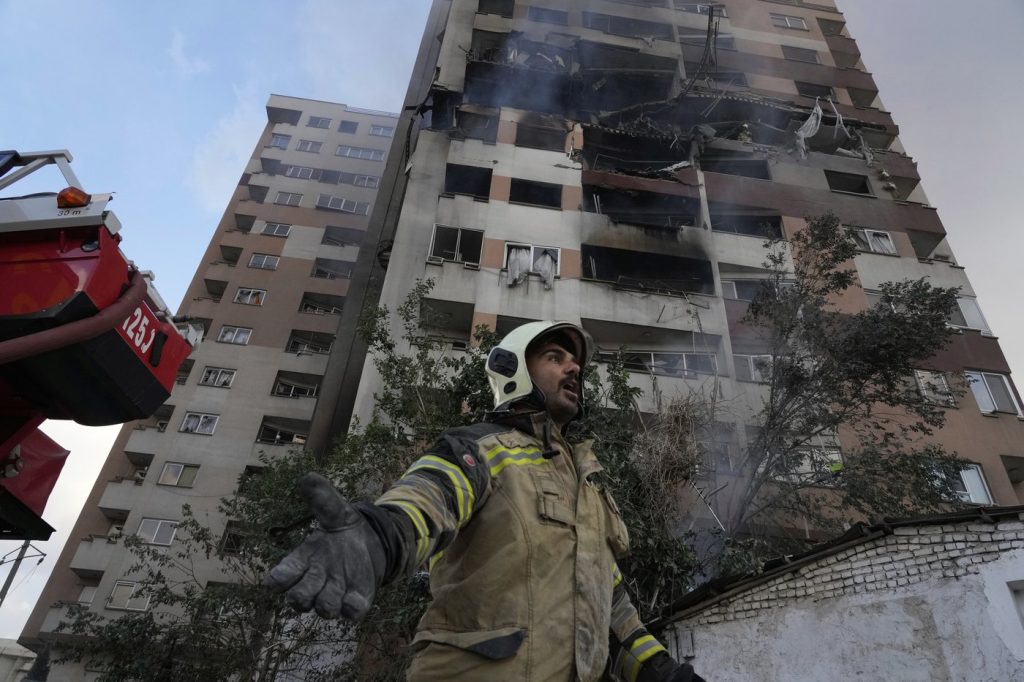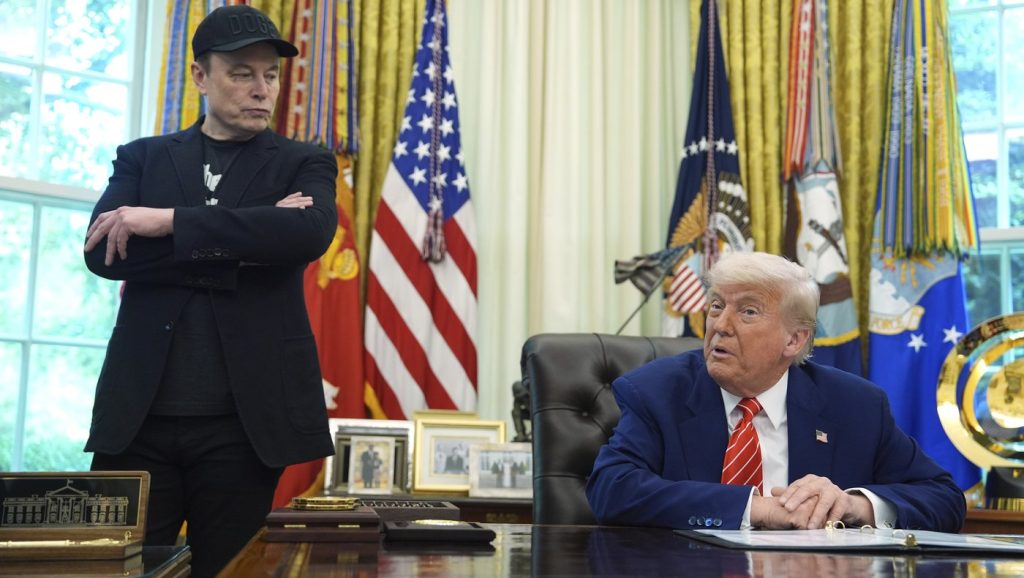DUBAI, United Arab Emirates (AP) – Israel launched significant airstrikes on Iran's capital, Tehran, early Friday, targeting sites linked to the country’s nuclear program. This assault raised fears of a potential all-out war between the two regional adversaries, marking the most substantial military engagement Iran has experienced since its war with Iraq in the 1980s.
Multiple locations around Iran were targeted, including the nation’s primary nuclear enrichment facility, where black smoke was observed rising into the sky. The attack reportedly resulted in the death of several high-profile figures, including the leader of Iran's paramilitary Revolutionary Guard, General Hossein Salami, as confirmed by Iranian state television. This loss represents a significant blow to Tehran’s ruling theocracy and intensifies the long-standing conflict between the two nations.
The military operations came in the wake of escalating tensions regarding Iran's advancing nuclear capabilities. Supreme Leader Ayatollah Ali Khamenei promised severe repercussions against Israel for these actions. In Washington, the Trump administration clarified that it was not involved in the strikes and cautioned against any Iranian reprisals targeting American personnel or interests.
Israeli officials framed the preemptive assault as a necessary measure for the nation’s survival, asserting that it was crucial to prevent Iran from developing nuclear weapons. Prime Minister Benjamin Netanyahu stated that the threat could manifest within months or even up to a year, emphasizing, “This is a clear and present danger to Israel's very survival.”
Khamenei's statement condemned the strikes, claiming these actions revealed Israel's “wicked and blood-stained hand” by targeting residential areas. Despite the heightened tensions, there was notable support for the operation among the Israeli public, even among critics of Netanyahu. Nevertheless, should Iranian retaliation lead to considerable Israeli casualties, public sentiment could swiftly shift against the current administration.
The strikes focused on nuclear and military sites, including officials overseeing Iran's nuclear program and ballistic missile capabilities. The International Atomic Energy Agency (IAEA) confirmed that an Israeli strike impacted Iran’s uranium enrichment facility at Natanz and assured ongoing monitoring of radiation levels.
Israeli military operations utilized aging air-to-air refueling systems to extend the reach of their fighter jets for the attacks. Although it was not immediately evident if Israeli aircraft entered Iranian airspace or launched standoff missiles from another nation, reports indicate Iraqi residents heard jets during the attack. Historically, Israel has launched strikes against Iranian targets from Iraqi airspace.
In the days leading up to the attack, concerns about Iran’s nuclear ambitions had grown, prompting strategic adjustments by the U.S., including the evacuation of some diplomats from Iraq and an alert for U.S. government employees in Israel to shelter in place as hostilities began. U.S. Secretary of State Marco Rubio commented that Israel acted unilaterally and believed the strikes were essential for its defense.
President Trump met with his National Security Council to discuss the ongoing conflict, although reports suggested he had initially advised against military action while negotiations were ongoing. Trump acknowledged the uncertainty regarding the possibility of an imminent attack on Iran.
Israel is determined to inhibit Iran's pursuit of nuclear weapons, a concern echoed by the IAEA, which for the first time in two decades censured Iran for its noncompliance with inspections. Iran indicated it would establish a new enrichment site and enhance its centrifuge capabilities, raising alarms about its nuclear intentions.
In the aftermath of the attacks, both Iranian and Israeli airspaces were closed, and the conflict prompted a spike in benchmark Brent crude oil prices. Israeli Defense Minister Israel Katz warned of immediate missile and drone attacks against Israel and urged citizens to adhere to safety protocols in light of the escalating situation.
As the explosions reverberated across Tehran, Trump was engaging with lawmakers on the White House lawn, with uncertainty surrounding his awareness of the strikes as he interacted with Congress members. The ongoing developments underscore the precariousness of regional stability and highlight Israel's unwavering commitment to countering what it perceives as existential threats.












